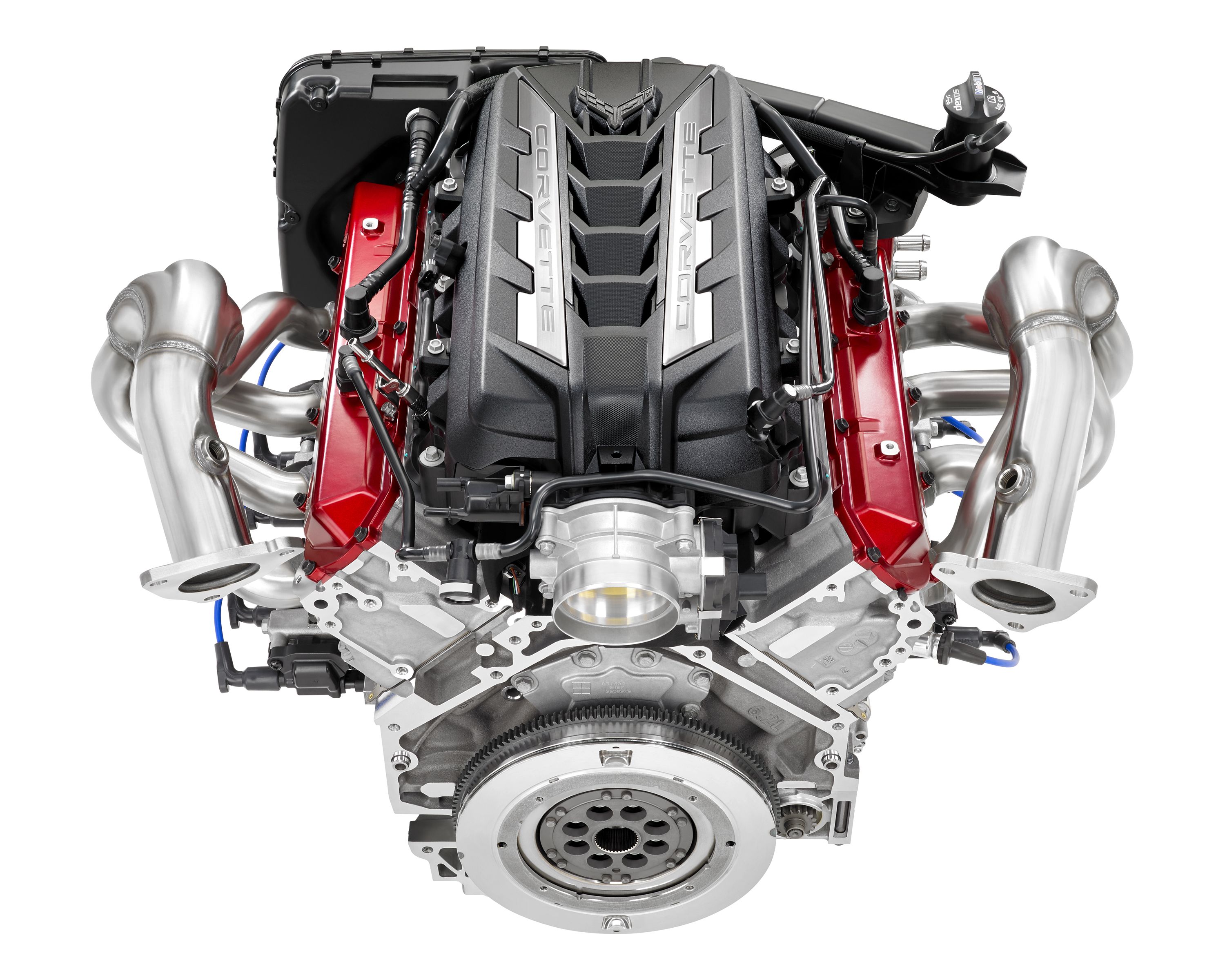Improve Your Fleet with Engines For Africa's Choice
Improve Your Fleet with Engines For Africa's Choice
Blog Article
Check Out a Large Range of Engines for each Lorry and Purpose
The vehicle landscape is significantly intricate, with a diverse array of engine kinds created to satisfy certain efficiency and efficiency requirements throughout numerous vehicle categories. Additionally, durable engines serve the demands of job lorries, while environment-friendly options are gaining grip in the search of sustainable transportation.
Kinds Of Automotive Engines
Automotive engines can be classified into numerous distinct kinds, each developed to fulfill certain performance and performance demands. One of the most typical groups consist of internal burning engines, electrical engines, and crossbreed systems.

Electric engines, on the various other hand, operate electrical power saved in batteries, providing immediate torque and zero emissions. These engines are becoming significantly prominent as a result of innovations in battery innovation and the expanding focus on sustainability.
Hybrid systems integrate both inner combustion and electric engines, allowing automobiles to optimize fuel efficiency and lower discharges by seamlessly switching over in between power sources. Each engine kind offers its advantages and disadvantages, influencing variables such as vehicle style, intended usage, and market demand. Recognizing these differences is essential for suppliers and customers alike when choosing the ideal engine for their specific requirements.
Efficiency Engines for Sports Cars
Performance engines for cars are specifically crafted to deliver improved power, speed, and dexterity, establishing them apart from typical auto engines. These engines typically utilize sophisticated innovations such as turbocharging, supercharging, and variable shutoff timing to optimize performance and responsiveness.
Normally, efficiency engines are developed with higher compression proportions, which permit greater energy extraction from fuel. This results in impressive horse power and torque figures, enabling rapid velocity and greater full throttle. In addition, the light-weight materials utilized in these engines, such as light weight aluminum and carbon fiber, add to decreased general vehicle weight, improving handling and maneuverability.
Engine setups like V6, V8, and also hybrid systems are typical in performance cars, each offering unique advantages in regards to power shipment and driving characteristics. The adjusting of these engines is likewise essential; lots of makers maximize the engine monitoring systems to offer a thrilling driving experience, commonly including sport settings that readjust throttle feedback and gear shifts.
Efficient Engines for Daily Commuters
In the world of everyday commuting, reliable engines play an important function in enhancing fuel economic situation and minimizing exhausts while providing dependable performance. As metropolitan populations expand and ecological concerns intensify, the need for vehicles furnished with efficient powertrains has actually surged.
Modern engines made for everyday commuters commonly include technologies such as turbocharging, direct fuel shot, and crossbreed systems. Turbocharging boosts engine efficiency forcibly even more air into the burning chamber, enabling smaller sized, lighter engines that do not endanger power result. Direct fuel injection improves fuel atomization, resulting in much better combustion and enhanced effectiveness.
Crossbreed engines, combining inner burning with electrical power, more increase fuel economy, particularly in stop-and-go web traffic, where traditional engines can struggle with ineffectiveness. Electric motors assist during velocity and can run independently at low speeds, minimizing general fuel usage.
Additionally, improvements in engine management systems and light-weight materials add substantially click site to effective engine layout. By concentrating on efficiency, durability, and environmental sustainability, manufacturers proceed to deliver engines that not just satisfy the needs of her explanation everyday commuting yet likewise align with global efforts to minimize carbon impacts.
Heavy-Duty Engines for Work Vehicles
Sturdy engines for job vehicles are routinely engineered to supply remarkable torque and dependability under requiring problems. These engines are developed to perform in environments where conventional engines might falter, such as construction sites, logging procedures, and farming setups. The primary emphasis of sturdy engines is their ability to produce high degrees of power while keeping durability over expanded durations of operation.
Usually, heavy-duty engines make use of sophisticated materials and robust building methods to hold up against the rigors of hefty work. Features such as strengthened cylinder blocks, enhanced cooling systems, and progressed fuel shot modern technologies contribute to their efficiency. These engines typically run at reduced RPMs, which assists to maximize fuel performance while providing the required power for hauling and lugging.
Along with mechanical robustness, sturdy engines are usually outfitted with advanced electronic control systems (ECUs) that take care of efficiency, exhausts, and diagnostics. This combination permits much better surveillance and maintenance, making sure that job cars stay functional and effective.
Eventually, sturdy engines are a vital component in the efficiency of various sectors, supplying the essential power and reliability to deal with the most difficult of jobs.
Eco-Friendly Engine Options
The growing emphasis on sustainability has caused the growth of eco-friendly engine options that focus on lowered discharges and improved fuel efficiency. These engines are developed to minimize the ecological influence of cars while my website still supplying the efficiency and integrity anticipated by consumers.
Amongst one of the most significant eco-friendly options are electrical and hybrid engines. Hybrid engines combine typical internal burning engines with electrical propulsion, enabling minimized gas intake and lower greenhouse gas emissions. Electric engines, on the other hand, operate entirely on battery power, creating zero tailpipe emissions and adding to cleaner air top quality.
Another promising development is the innovation of biofuel engines, which make use of eco-friendly sources, such as plant materials, to power vehicles (Engines For Africa). By making use of biofuels, these engines can decrease reliance on nonrenewable fuel sources and lower overall carbon footprints

As the automobile sector develops, eco-friendly engine options will certainly play a crucial duty in driving the shift in the direction of even more lasting transport services.
Conclusion
From high-performance engines that boost sporting activities auto capacities to effective designs focusing on gas economic situation for day-to-day commuters, each kind serves a certain feature. Sturdy engines cater to robust job cars, while environmentally friendly options, such as electric and biofuel engines, promote lasting transport.

Report this page